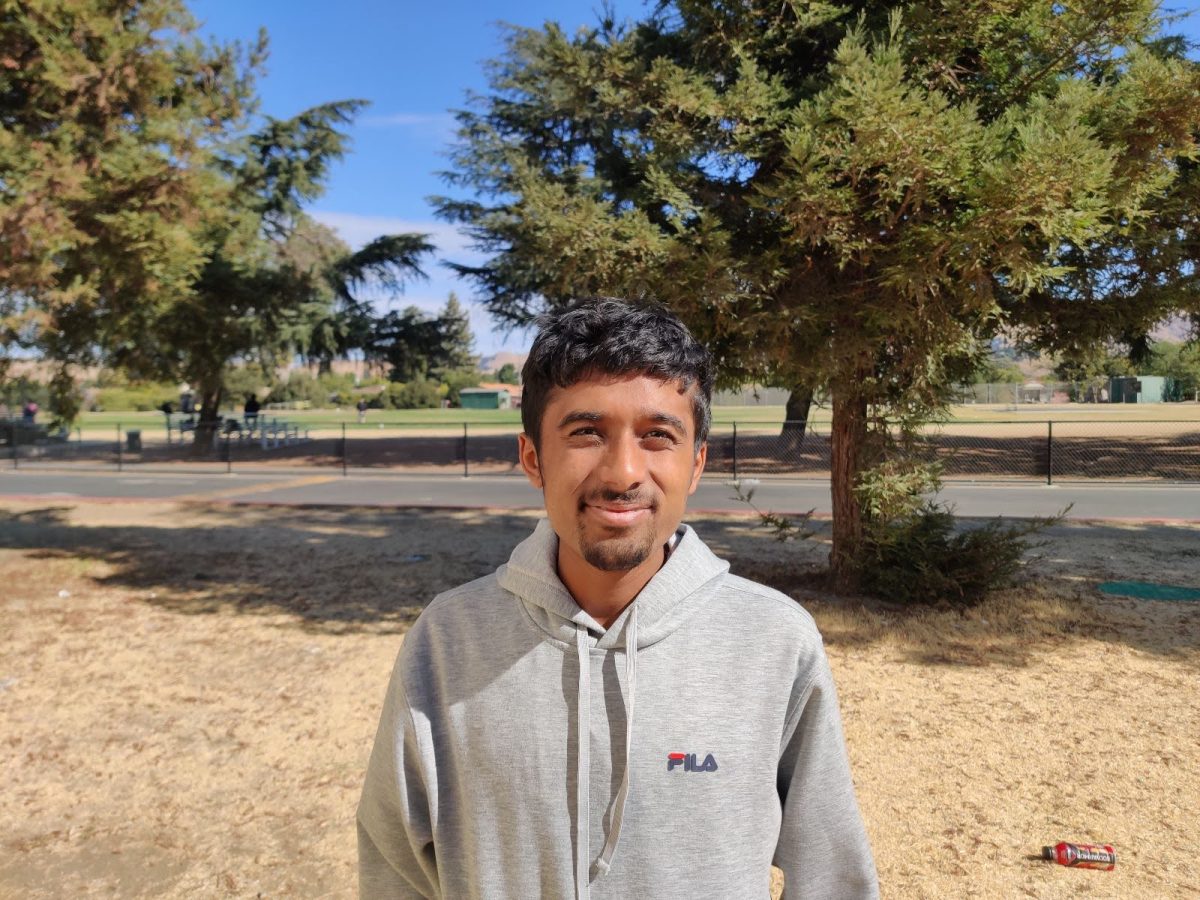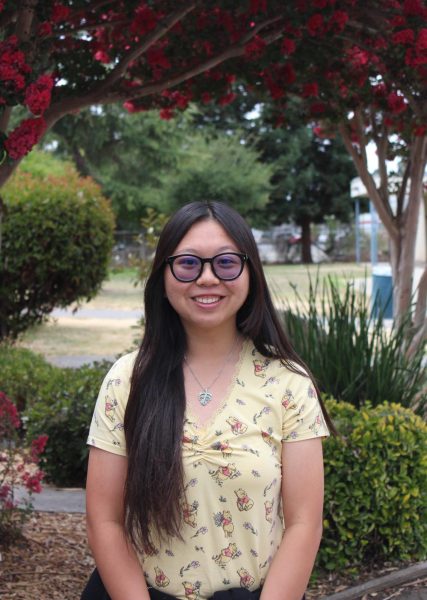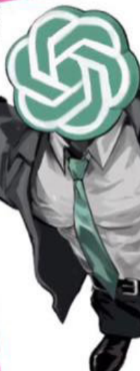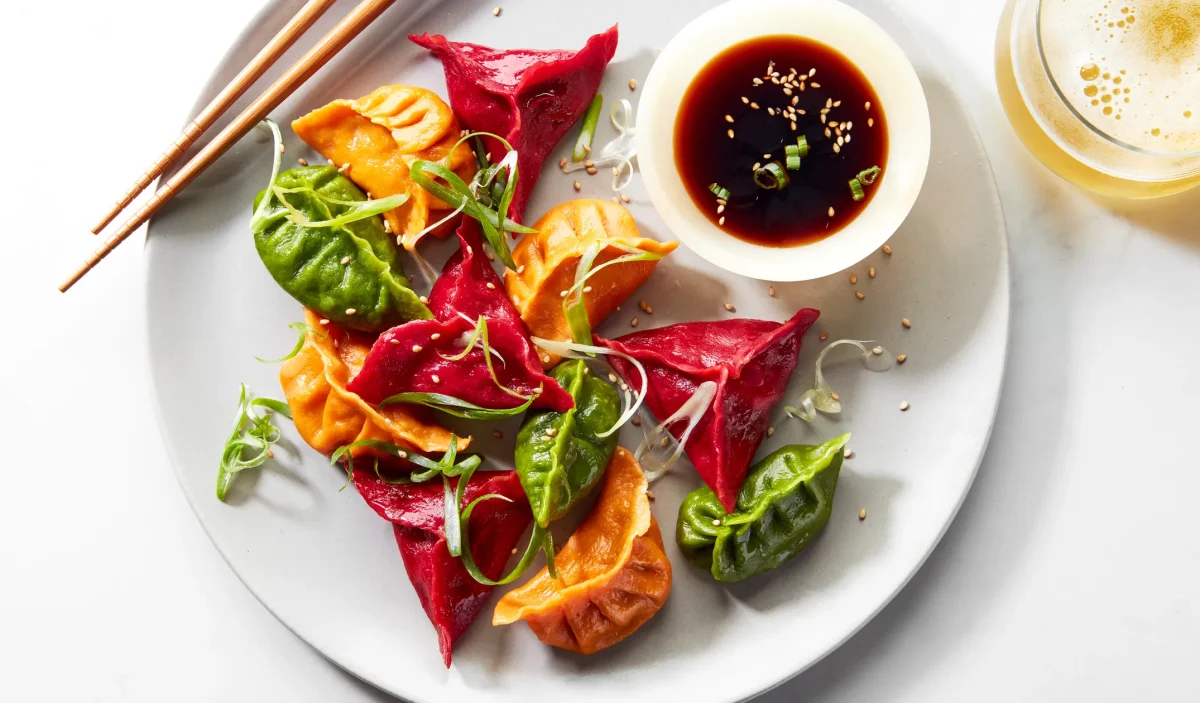Preethi Robbi (11):
“My grandfather was an important person in my life because he inspired me to come out as trans and bisexual. He shaped me into the person I am today, and he was wise, helpful, and adventurous. He offered wisdom and motivation throughout my childhood, and he even helped me through the toughest times. We even went on adventures together in India, and sometimes I helped him work in his shop to run errands. I love him so much.
During the pandemic when I was in seventh grade, my family found out he was in the hospital, but he was in India, so we couldn’t see him because of COVID regulations. We were able to have a video call with him, but he was coughing and had a nebulizer on, so he was unable to speak properly. I remember that at the time, I was confused and pacing around the living room with a hope that he’d recover, but I also had a gut feeling that something would not go right, and I was right. He died of COVID, and then he was cremated. It’s just upsetting because he was often busy supporting my grandma, so I didn’t get to see him that often. I thought he was going to recover.
After that, I tried to move on, but it was hard to enjoy the things that I’ve had, and I sometimes thought about him or stared at his photo and cried. My family, my therapist, and some of my friends supported me and gave me advice. I got into a psychiatric hospital where I was able to share my experiences in a group therapy circle, and they were able to relate to me. It helped, but I think I haven’t fully recovered. After all, his death is permanent, and I still think about him to this day. Despite my depressive feelings, I try my best to adapt. I learned that when life goes away, you can become that life and pass that on to other people. Today, I’m picking up his legacy and mentoring others, just like he did for me.
Some advice I would give to anyone navigating through grief is that it is okay to cry and feel depressed. I don’t want anyone to hurt themselves like I did, so there should be a willingness to take care of yourself and others. The first step of healing is recognizing the triggers you have and how you can manage those triggers. You can’t control what you have or what you’re born with, but you can control your decisions in life. The second part of healing is realizing and accepting that it already happened. And the third thing is to seek help, which I know a lot of people struggle to do. Your experience can also help other people who are also struggling.
My grandfather is the most amazing person I’ve met because he was honest, genuine, confident, and understanding. He made others smile, and he enjoyed helping the community. Never take anyone for granted, especially your loved ones. You’ll never know when it’ll be the last time you’ll see them again. But when the time does come, you must stay strong and do what you can to make them proud.”






